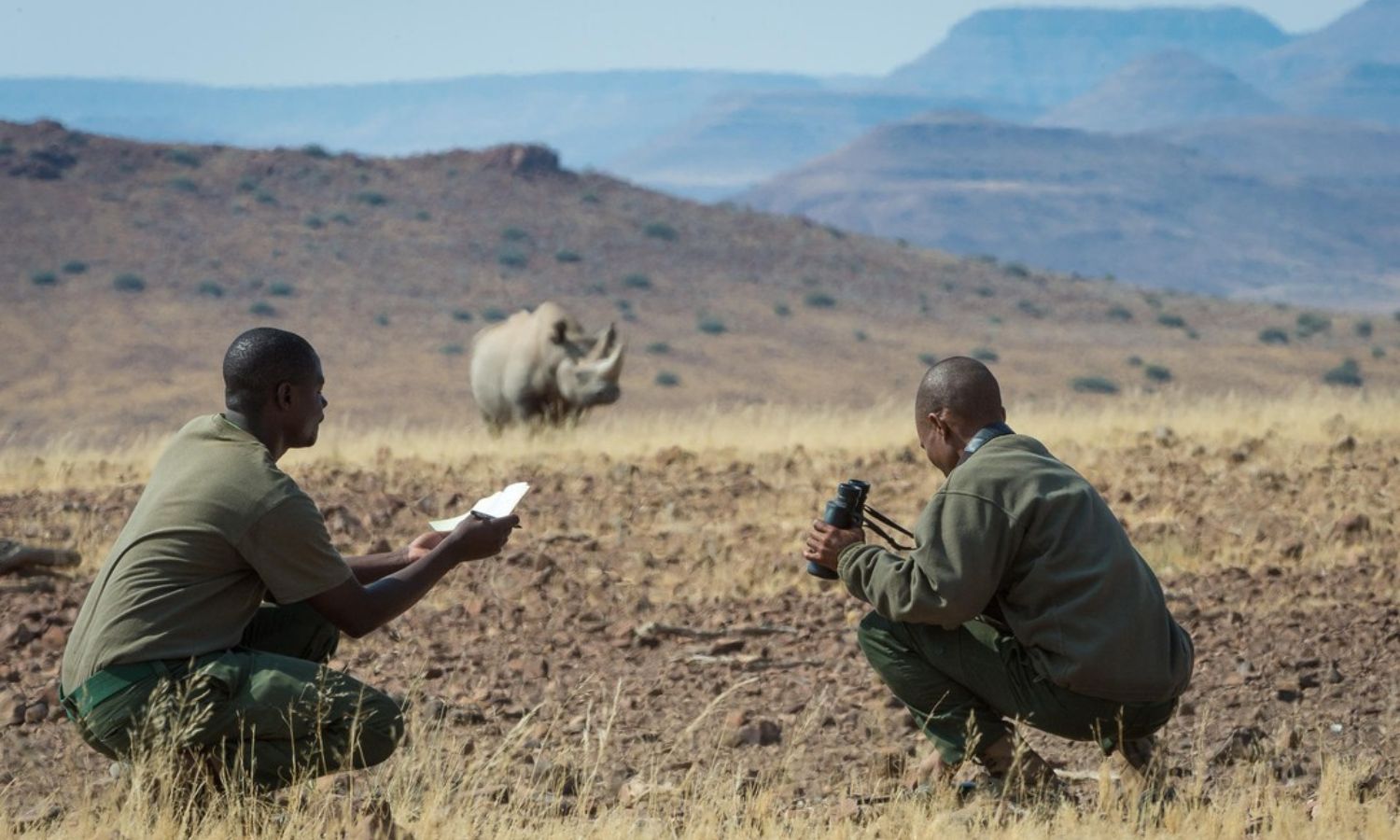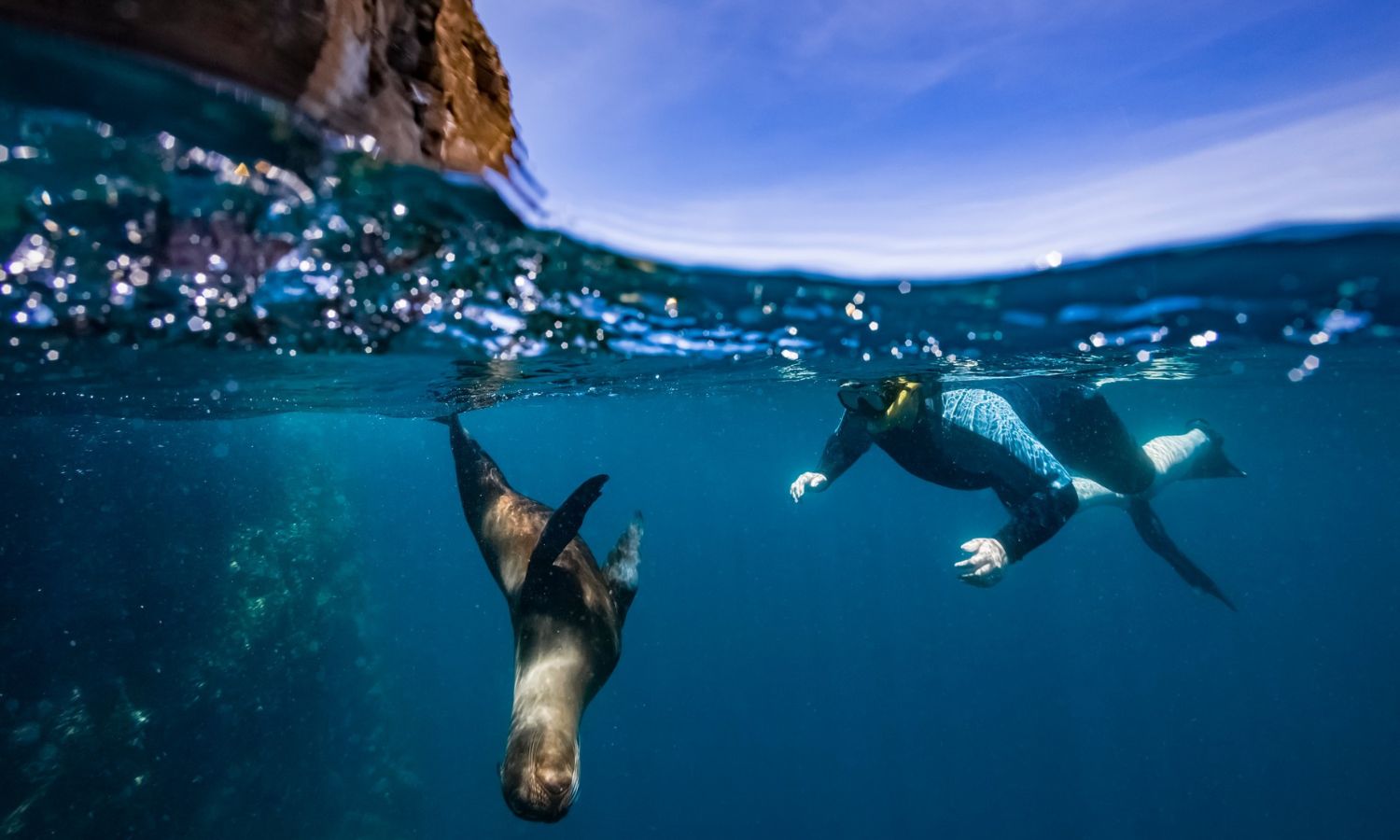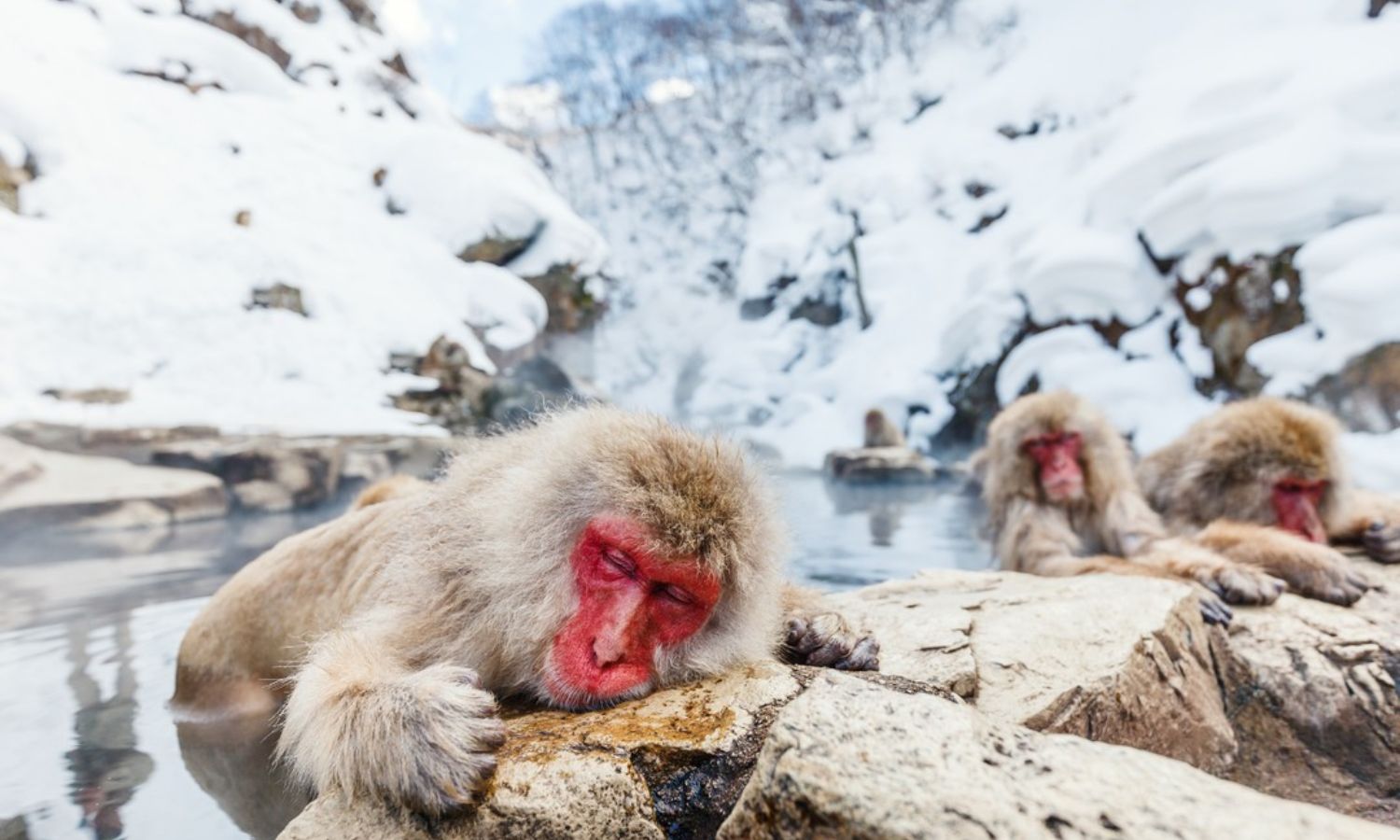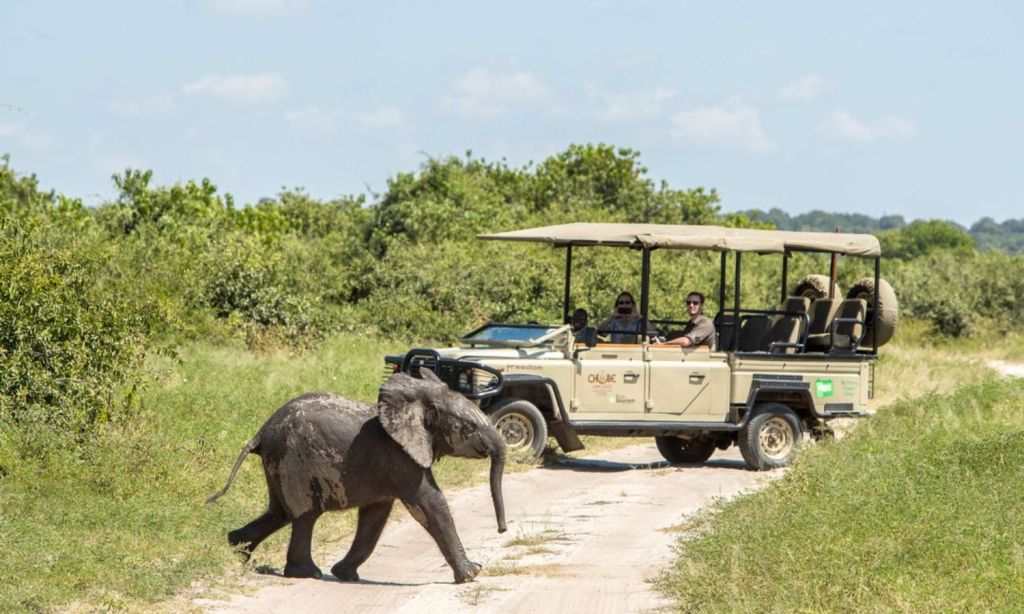One of the most cherished aspects of travel is encountering wildlife in its natural habitat, whether it’s from a Jeep on safari in Africa or on a beach in Thailand. However, as responsible travellers, it is our duty to ensure that our interactions with wildlife are doing more good than harm by knowing how to choose ethical wildlife experiences.
There’s no doubt that the rise in the popularity of wildlife tourism has led to concerns about the welfare of animals and the preservation of their habitats. Ten years ago, our Instagram feeds were filled with people riding on the backs of elephants, something you don’t often see today and, thankfully, something that is not idolised anymore. Instead, the only elephant photos we want to see are the ones where they’re in open fields, bathing in watering holes, and enjoying life without bars or cruelty.
Although, that doesn’t mean we don’t want to have some kind of wildlife experience when we travel. Think of whale-watching cruises and penguin viewings. Some of our most memorable experiences involve animals, whether from visiting a zoo as a kid or getting your sunglasses stolen from a monkey in Bali.
We don’t need to boycott wildlife experiences altogether. In reality, a lot of the places offering these experiences do a lot of good in conservation. But there will always be ones that do a lot of bad too and it’s important to understand the difference. How do you determine which you can trust?

Understanding Ethical Wildlife Tourism
According to Neil Rodgers, managing director of Adventure World, an ethical tour operator should always support and contribute to biodiversity conservation while minimising any disturbance of natural ecosystems to ensure they deliver an ethical wildlife experience.
Unlike exploitative practices such as captive animal performances or interactions that harm animals, ethical wildlife experiences focus on observing animals in their natural behaviours, preserving their habitats, and supporting initiatives that benefit both wildlife and local communities.
Adventure World supports wildlife conservation initiatives through philanthropy and by advocating for systemic change across the travel industry.
“We do this through strategic partnerships with organisations, including World Animal Protection and the End Wildlife Crime initiative. Through our strict Animal Welfare Policy, we ensure all of our wildlife experiences are free of animal cruelty,” said Rodgers.
One example is Adventure World’s Conservation Collection: a series of specialised itineraries that visit destinations like South India and Borneo, all designed with sustainability at their core and focused on incredible wildlife and landscapes.
According to Rodgers, these intimate small-group journeys feature behind-the-scenes wildlife experiences and once-in-a-lifetime encounters.
“Of course, the protection and welfare of wildlife and their habitats is of the utmost importance, with all experiences strictly adhering to our Animal Welfare Policy.”

Finding the Right Tools
According to Rodgers, when choosing an experience, travellers should look out for offerings that adhere to animal welfare initiatives.
“Consider how transparent a travel operator is in its commitment to animal welfare. A primary way to measure this is to assess how accessible the reports on its efforts to be sustainable are,” he said.
TreadRight is a great resource for finding trusted brands that adhere to animal welfare policies. There are 40 award-winning brands featured on the list, each a leader in their service and, more importantly, holding a high standard of ethical and sustainable tourism. You might find some brands you recognise, such as Contiki and Trafalgar, along with many brands you might not have heard of yet: African Travel, The Travel Corporation and more.
“It’s a core reason why The Travel Corporation is so transparent on our efforts to improve sustainable travel around the globe; by sharing our Sustainability Impact Report, we ensure we hold ourselves accountable and showcase our progress against the UN Global Goals,” said Rodgers.

“For example, to ensure all wildlife experiences included across our brand itineraries are free from animal cruelty, we conduct a full audit every two years to confirm that our suppliers and tour operators are adhering to our strict Animal Welfare Policy.”
According to Rodgers, the policy is determined by a Five Domains model, the most up-to-date scientific framework for animal welfare.
“It provides a best-practice framework to assess the welfare of animals of all species and is used by all ZAA-accredited zoos and aquariums to assess animal welfare.”
Despite the measures in place, some brands have been unable or unwilling to meet the policy standards.
“In those circumstances, we will no longer offer these experiences to our customers. These decisions can be difficult, especially when our guests favour a longstanding partner. In 2022, we parted ways with an African giraffe rescue centre owing to their non-compliance with our Animal Welfare Policy—ultimately, it went against what we stood for.”
Related: What Is Regenerative Travel and How Do You Do It?
Related: This Online Travel Hub Can Help You Plan a Visit to QLD That’s Completely Carbon-Free
Read more stories from The Latch and subscribe to our email newsletter.







